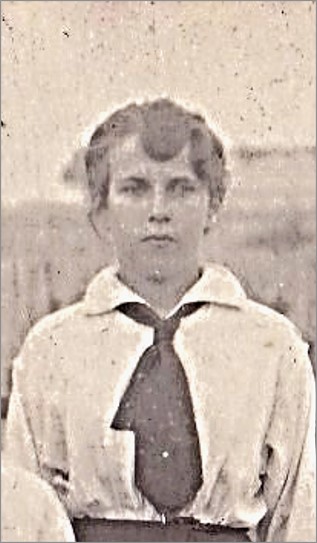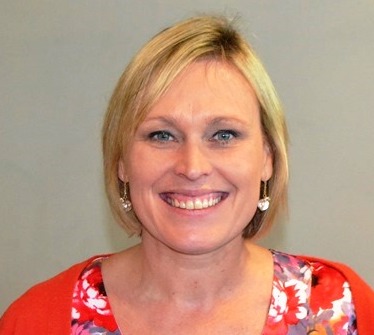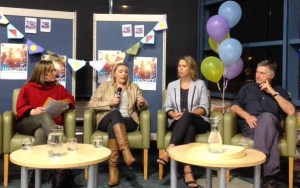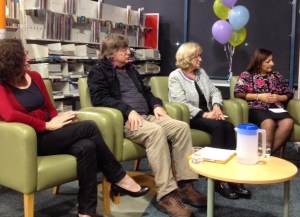So far this year I have not been writing anything of significance. I am in a lull between projects – and ideas. However I have been doing a lot more reading than I have done in the past, and I find I am reading like a writer.
Inspired by Benjamin McEvoy I wanted to expand and enrich my reading, and after watching his videos and taking notes I felt daunted by the prospect of a year’s worth of reading The Classics.
So, I looked at the award winners at the Booker Prize, the Miles Franklin Award, and others. I noted some of these titles on my “want to read” list. On closer inspection, some of these stories I find uninspiring and not what I want to read at all. Sometimes I will push through. I read the award winning Honeybee by Craig Silvey and gave it three stars, but I don’t think I am the target audience for that story.
Goodreads is a great tool for managing your own reading journey and since 2013 I have challenged myself with a target of reading 50 books each year. So far, I have failed every year. Of course I only include books that I have read from start to finish. I don’t list books I do not finish, or books I just skim. (In the past I used Library Thing).
This year though I have started well as I certainly have more time in this retired life, but also I am reading in an attempt to see how these books are crafted. I read on a more analytical level, noticing how the story arc is told, how the characters come to life, conversations, what the story is actually about, and how it evokes feeling and imagery.
So far I have finished 12 books this year. The last story I read was Tomorrow and Tomorrow and Tomorrow by Gabrielle Zevin. I loved it and gave it 5 stars on Goodreads. I am currently reading The Woman in the Library by Sulari Gentill and this book is a great example to would-be writers. While the story unfolds, we are shown three levels of how this story is being created. First from the main character and her friends, then in correspondence between the fictional author and a trusted friend and fellow writer, and then as the actual creator of the story. It is thoroughly engaging especially for other writers.
I have just added a page of contents to my blog Sues Bent, because with 15 years of blog posts I wanted to make it more accessible.
It is no surprise that when I look at my tag cloud I see that the main topics I write about are: books, reading, creativity, writing, libraries, learning, technology and lifestyle.
I have looked back through these posts knowing that I have written about ‘reading’ from different perspectives over these years, especially in my work as a librarian. The ones that stand out to me are these:
- You are what you read
- Book Well
- Delving into the book
- Travel with a twist
- How it feels
- The weight of words
- 10 books to make you think
- Question: Libraries in 2030
- Zombies and the future of libraries
- Books as life rafts
- Reading fiction
- Ambrosia between paper leaves
- SiLLé Library engagement
- What is a Library?
Meanwhile this retired life allows me the time to do all of those things I struggled to find time to do when I was working. I can write, read, practice French, play my piano, knit, play with my granddaughters, sketch, paint, walk, listen to music and podcasts, swim regularly, do yoga each morning, cycle occasionally, try new cooking recipes, archive the old family photos, and catch up with friends. It is amazing how quickly the day passes, and I find I still haven’t done all of the things I planned for that day.










